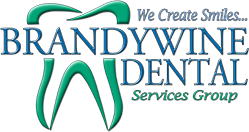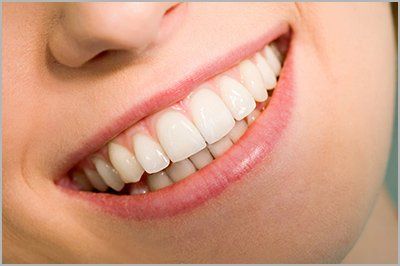GUM DISEASE:
Did you know that gum disease, also known as periodontal disease, is one of the main causes of adult tooth loss? This oral health condition is an infection that originates in the gums surrounding your teeth and can cause tooth loss. One of the reasons that tooth loss is quite prevalent among adults with gum disease is the mere fact that the condition is virtually painless. This means many individuals do not even know they are affected. This is why we urge our patients to schedule regular dental checkups.
What Causes Gum Disease?
A buildup of plaque is the number one contributor to gum disease. Plaque is a type of bacteria that sticks to the teeth. Everyone has plaque, but not everyone has gum disease. This is because with regular brushing, flossing, and dental checkups the majority of the bacteria are removed. Problems arise when plaque continues to build up, creating toxins that can harm the gums.
Periodontal disease begins below the gum line. During routine checkups, we measure the space between your teeth and gums to detect early signs of periodontal disease, which is called gingivitis. At this stage, a person’s gums may bleed easily and become red or swollen. Periodontal disease at this stage is the most treatable. In fact, the easiest way to eliminate gingivitis is with daily flossing and brushing.
Gingivitis, if left untreated, can quickly advance into periodontitis. It is at this point when damage tends to be irreversible because the gums and bone needed to support the teeth are damaged beyond repair. The result is either spontaneous tooth loss or removal by the dentist.
Other signs of periodontal disease include: • Continual bad breath • Pus between the gums and teeth • Permanent teeth that have loosened or separated from the gums • Changes in the way partial dentures fit • Changes in your bite
Are You at an Increased Risk for Developing Periodontal Disease?
Some people are at a greater risk due to lifestyle choices, medical and dental conditions as well as medications they may take. These factors can increase your risk:
• Crooked teeth
• Improperly fitted bridges
• Pregnancy
• Old fillings
• Diabetes
• Anti-steroid and anti-epilepsy medications
• Cancer therapy drugs • Oral contraceptives
• Calcium channel blockers
• Smoking
• Use of chewing tobacco
If you have some of these risk factors, routine dental checkups and proper oral hygiene habits are a must.
Treating and Preventing Gum Disease
There are solutions for treating gum disease. However, these solutions vary depending on the severity of the case and your individual dental history. Common non-surgical treatments include root planing and scaling (deep cleaning) as well as at-home periodontal trays. Periodontal surgery, laser gum surgery, and dental implants are other solutions for advanced periodontist disease.
Obviously, the best way to treat gum disease is to prevent it from happening in the first place. Periodontal examinations performed during routine dental checkups help you manage your oral health and maintain a healthy smile. Practicing good oral hygiene habits at home can significantly lower your chances of developing gum disease. You can reduce your risk by incorporating the following into your lifestyle: • Brush regularly • Eat a well-balanced diet • Floss daily • Schedule six month visits with your Glen Mills, PA, dentist
In the event you are diagnosed with Periodontal Disease, your team at Brandywine Dental Services Group is here to help. Board Certified Periodontist, Dr. Jeff Doblin, has recently joined our practice, and has been skillfully caring for his patients for over 20 years. He is known for his compassion to his patients and we are sure that you will feel comfortable in his care.
To schedule an appointment with us for a screening, give Brandywine Dental Services Group a call today.



